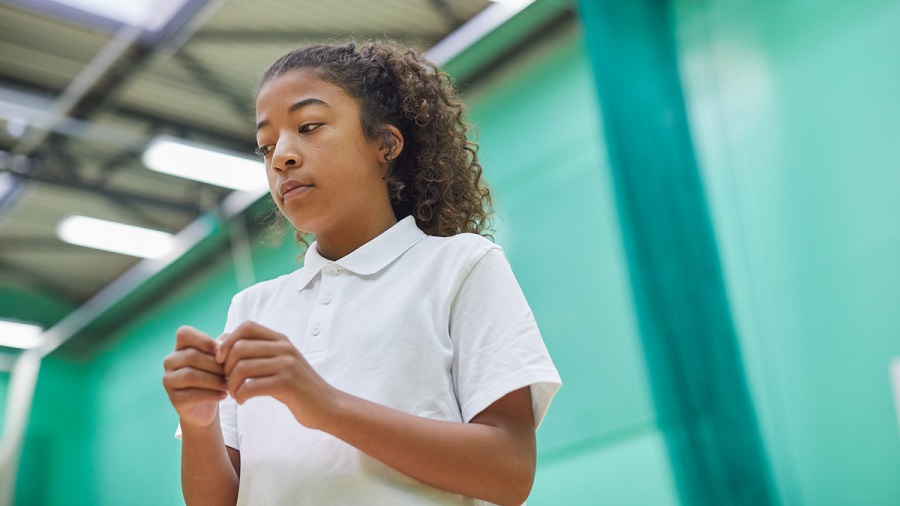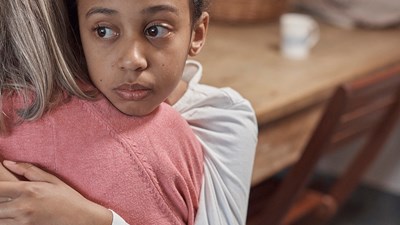221 calls were taken by the specialist helpline by the end of January. Over half of these contacts resulted in a referral to an external agency, such as the police or social services. Evidence from these contacts has also been submitted to the Whyte Review, and many callers were referred to the BAC for further support, including online therapy sessions.
One mother told the helpline:
"My daughter attended a gymnastics club from the age of five until she was seven... The coach screamed and shouted and pushed her to the floor even when she was crying. The coach told my daughter that if she complained to her parents, she would be made to train even harder. Other coaches saw these incidents and never intervened."
The Whyte Review into allegations of mistreatment within the sport is ongoing, while British Gymnastics has launched its own independent complaints process, to address individual complaints that were made to the BAC and NSPCC helpline from July through to October.
The BAC and NSPCC have continued to work together to ensure that individuals and their families have received comprehensive and effective support following their calls to the helpline.
So far, 34 individuals and their families have completed online therapy sessions run in conjunction with Dr Misia Gervis (operating as PrimeMind), which were launched to support affected athletes. The BAC has collected anonymous feedback from these sessions, and found that participants have reported a positive impact:
"Being part of a group of other people that understand and ‘get it’ has been very empowering. It’s been a time of reflection and I feel the techniques and processes the therapists helped us with is something that I'll continue to use and reflect on."




